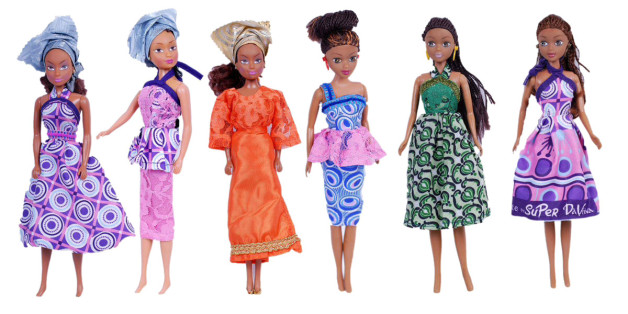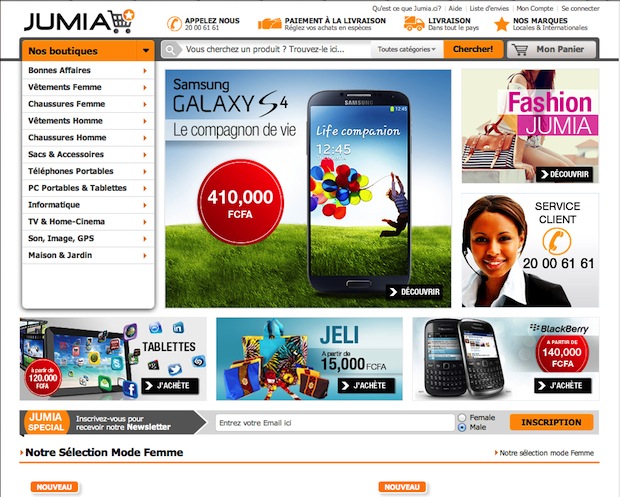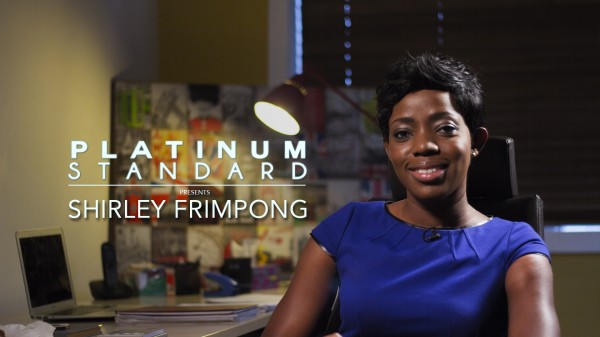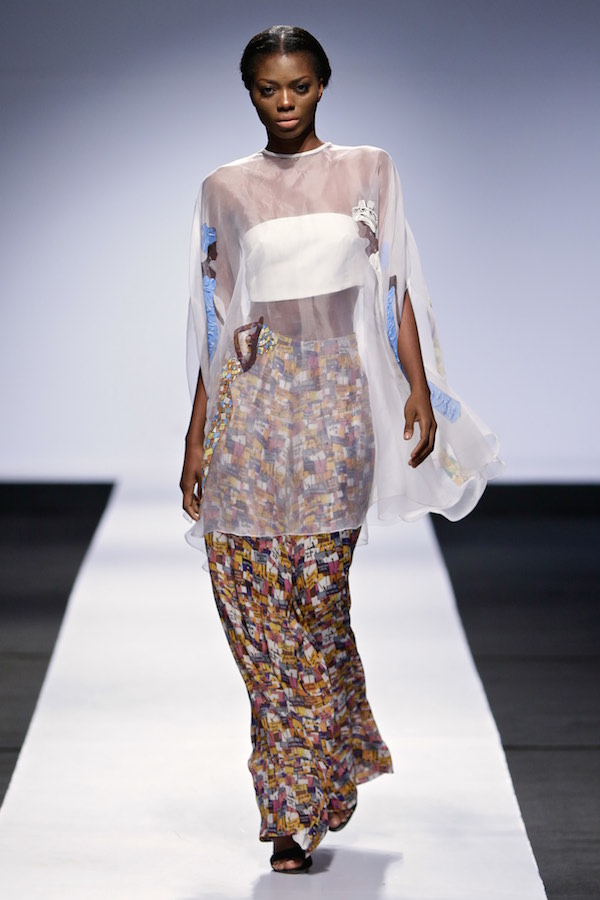Two years ago, Taofick Okoya, the creator of Nigeria and Africa’s leading fashion doll line ‘Queens of Africa,’ made global headlines for outselling Mattel’s Barbie in his native Nigeria. Now, he is back in the news, this time for his bold declaration and disclosure of his intention to take on the U.S. fashion doll market.
Citing the lack of an efficient distribution system and a declining economy as the primary reasons driving his decision, Okoya revealed to Forbes Magazine the true realties as a doll manufacturer in Nigeria.
Excerpts follow:
“Contrary to popular believe, selling a black doll in Nigeria hasn’t always been easy for the entrepreneur. ‘There’s still somewhat of a colonial brainwash present in the country, and store owners would tell me “Oh no, black dolls don’t sell, give us more white dolls” when I first presented them with the dolls. There’s somewhat of a bandwagon mentality here, where people simply follow trends without asking themselves why. They were used to dolls being white by default, so taking a chance with a black doll was quite difficult for them at first,’ Taofick recalls. Lucky for him, he made international headlines seven years after the brand’s inception, for outselling Mattel MAT +0.29%’s Barbie in his native Nigeria (selling between 6000 and 9000 dolls a month) according to Reuters reports.
Flash forward to 2016, and Okoya is noticing a decline in demand within Nigeria, amidst the country’s turbulent economic climate. ‘In Nigeria the doll culture is still something considered to be for the privileged and upper-class. But I didn’t create this brand for the bourgeoisie, I kept the low income earners in mind, since they need the message more and form a majority. For them typically, a 1,300 Naira ($6.50) Queens of Africa doll is too expensive, which is why I launched the more affordable Naija Princess range which retails for 500 Naira ($2.50). People their buying power is limiting them at the moment however, while we were hoping to see an increase in sales post-Christmas.’
The show must go on however, and Taofick has set his sights on the American market. ‘The US market is structured in a more efficient manner, which allows us to reach more people. In Nigeria, apart from the more high-brow stores such as Shoprite and The Game Store, it’s difficult to be present across multiple stores across several states. The US has that distribution network however, and that network is power.’“
In the U.S., brands such as Mattel (Barbie), Disney Princess owned by Walt Disney, and MGA (Bratz) have dominated the fashion doll market for decades. Okoya’s entrance will add even more diversity to the marketplace for the American consumer. We suspect his dolls will also be a hit in the U.S.
Forbes Magazine has the full story.
Photocredit: Taofick Okoya/Facebook
Founded in 2007, Ladybrille® Magazine is a California based pioneer digital publication demystifying the image of Africans in the west through contemporary African fashion and celebrating the brilliant woman in business and leadership, with an emphasis on the African woman in the diaspora. Our coverage includes stories on capital, access to markets, expertise, hiring and retention, sales, marketing, and promotions.







